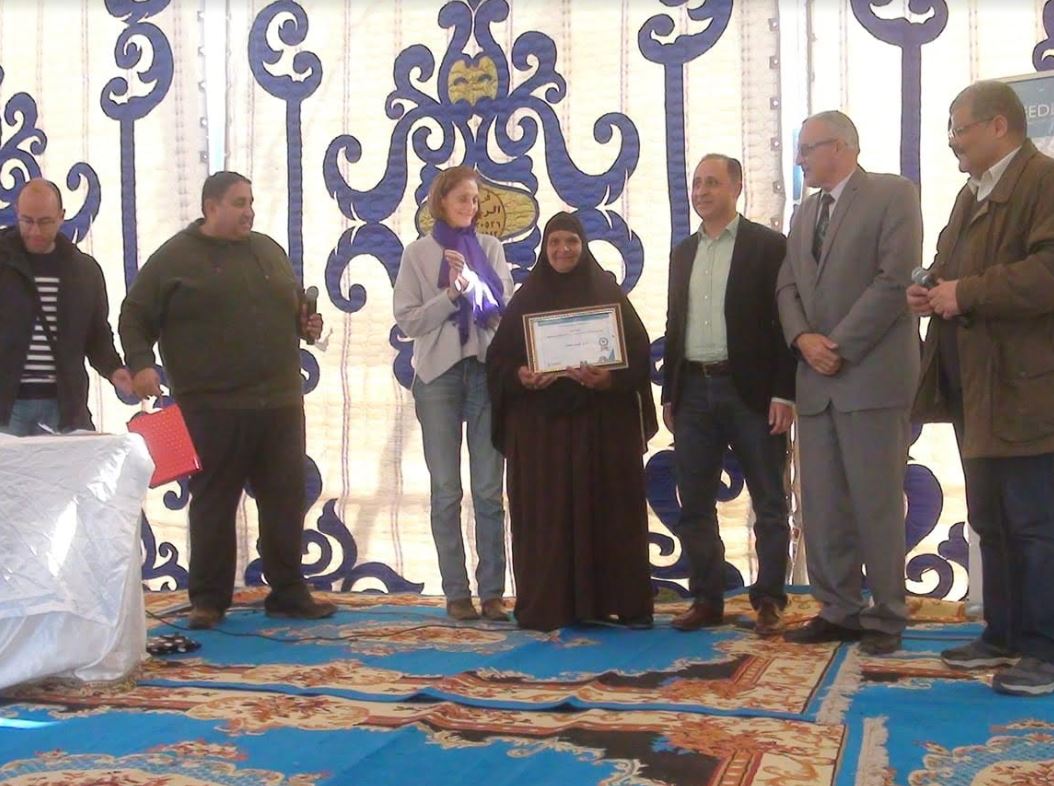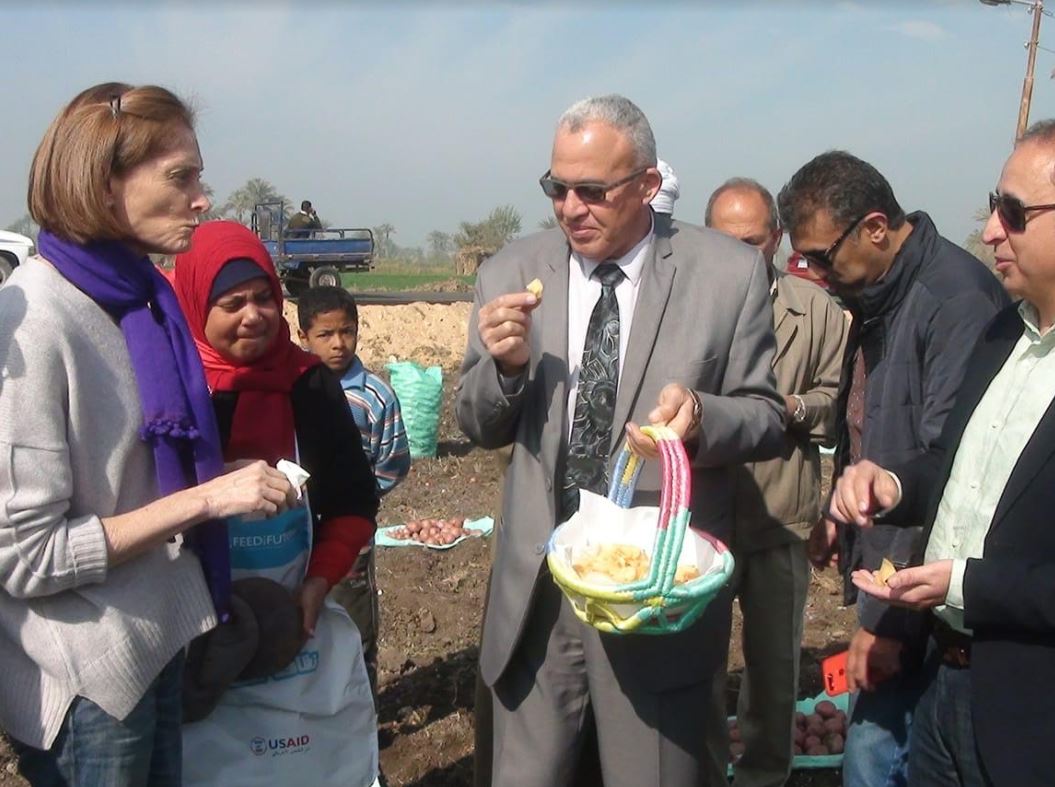“The ultimate goal of farming is not the growing of crops, but the cultivation and perfection of human beings,” said Masanobu Fukuoka, the Japanese philosopher and farmer.
For Egyptian potato farmers, this could not be any more true . For the past year, PepsiCo Egypt has been working to empower Egyptian farmers by supporting them through training programs aimed at providing them with stronger technical know-how and other skills to improve efficiency and productivity.
Launched through the collaborative effort of PepsiCo Egypt and USAID, the “Potato Harvest Program” has been working to empower small farmers across Egypt. Throughout the Program, farmers participated in training workshops and received technical recommendations to enable them to grow higher quality crops and increase their productivity. The Program resulted in an increase of potato harvests, from six tons per feddan last year to 14 tons per feddan in 2020.
Additionally, the program led to an increase in this year’s potato harvest by 15 percent, which will increase rural farmers’ incomes. This became possible through the establishment of reliable market linkages, increasing crop quality and yields, and helping farmers to progress towards internationally-recognized standards for sustainable agricultural practices.
Today, USAID and PepsiCo are proud to be celebrating the program’s Program’s achievements by acknowledging the efforts of Egyptian farmers and presenting awards to the three farmers who achieved the largest harvest, as part of both entities’ ongoing support to Egypt’s agricultural sector.

PepsiCo Egypt boasts a strong agricultural portfolio through Chipsy Food Industries. PepsiCo Egypt has the second largest agricultural potatoes program in terms of volume across PepsiCo globally.

This leading program provides 100 percent of the potatoes needed locally and 70 percent of the company’s seed needs. This outcome is possible through rigorous collaboration with 5,000 farmers who use local extraction methods to cultivate 40,000 acres, is expected to reach 80 percent in 2020.







Comment (1)
[…] Source: egyptianstreets.com […]